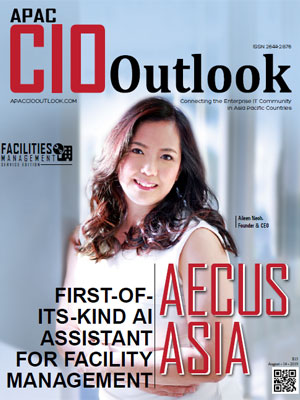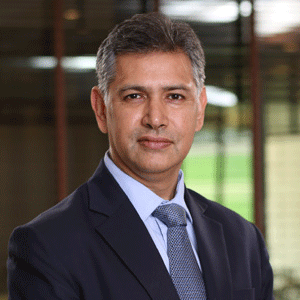The past years have witnessed a sea of change in facility management as the emphasis on managing customer experiences has become as important as the supervision of spaces such as hospitals, malls or even workplaces. Facility management providers are leveraging trending technologies such as the internet of things, data analytics, AI and ML to keep up with the changing needs of organizations across various industries. As facilities management firms integrate data analytics in their daily activities, they are able to understand the importance of data and its potential to deliver efficiency and performance. They are using the available data and their industry capabilities efficiently in order to make informed decisions regarding their practices and tasks.
Over the past decade, cloud technology has been playing a major role in the facility management landscape. With cloud computing integrated solutions, facilities management service providers are able to recover critical server data from backups stored on different cloud platforms. Due to an increasing demand for cloud-based facilities management services, IoT has also found its way into the service stream. The deployment of IoT in solutions will help providers maintain consistency in the services that are offered at multiple client locations ultimately improving their facilities as well as their knowledge exchange on the latest technologies. Facilities management service providers are also turning to AI to become value-added partners that deliver sustainable solutions to industries where high expenditures and heavy maintenance is required.
With well-equipped professionals and distinct services in tow, service providers are helping organizations in solving their complex facilities problems which range from strategy to implementation. Over the next few years, new technologies, management techniques, customer requirements and value-chain approaches will have an enormous impact on the facility management industry. To improve the competitiveness of their respective businesses, facility and service managers will be required to go beyond maintenance of the physical infrastructure and increasingly focus on innovating and differentiating the workspace and workplace environment. ML-based facilities management technologies offered by service providers will also play an important role in providing futuristic insights through predictive diagnostics to prevent risks before they occur and help organizations in managing their assets.
The adoption of mobile technology and devices in facilities management services are enabling providers to deliver better flexibility and efficiency to clients in their daily operations. While the facilities management space continues to rely on manpower, the industry will undoubtedly use cutting-edge technology to empower their services and obtain valuable insights for their client base. By offering features such as remote monitoring of commonly installed critical assets and comprehensive facility services, organizations will be able to keep track of their most crucial functions.
As the market is bombarded with a number of facilities management service providers to choose from, CIOs are on the lookout for a provider that best meets their requirements. To help them in this task, a distinguished panel of CIOs, CEOs, VCs and analysts along with APAC CIO Outlook’s competent editorial team has put together a list of service providers who have proved their proficiency in the industry. This edition of APAC CIO Outlook features the services and capabilities that they have to offer.
We present to you, “Top 10 Facilities Management Consulting/Services Companies 2019.”



























